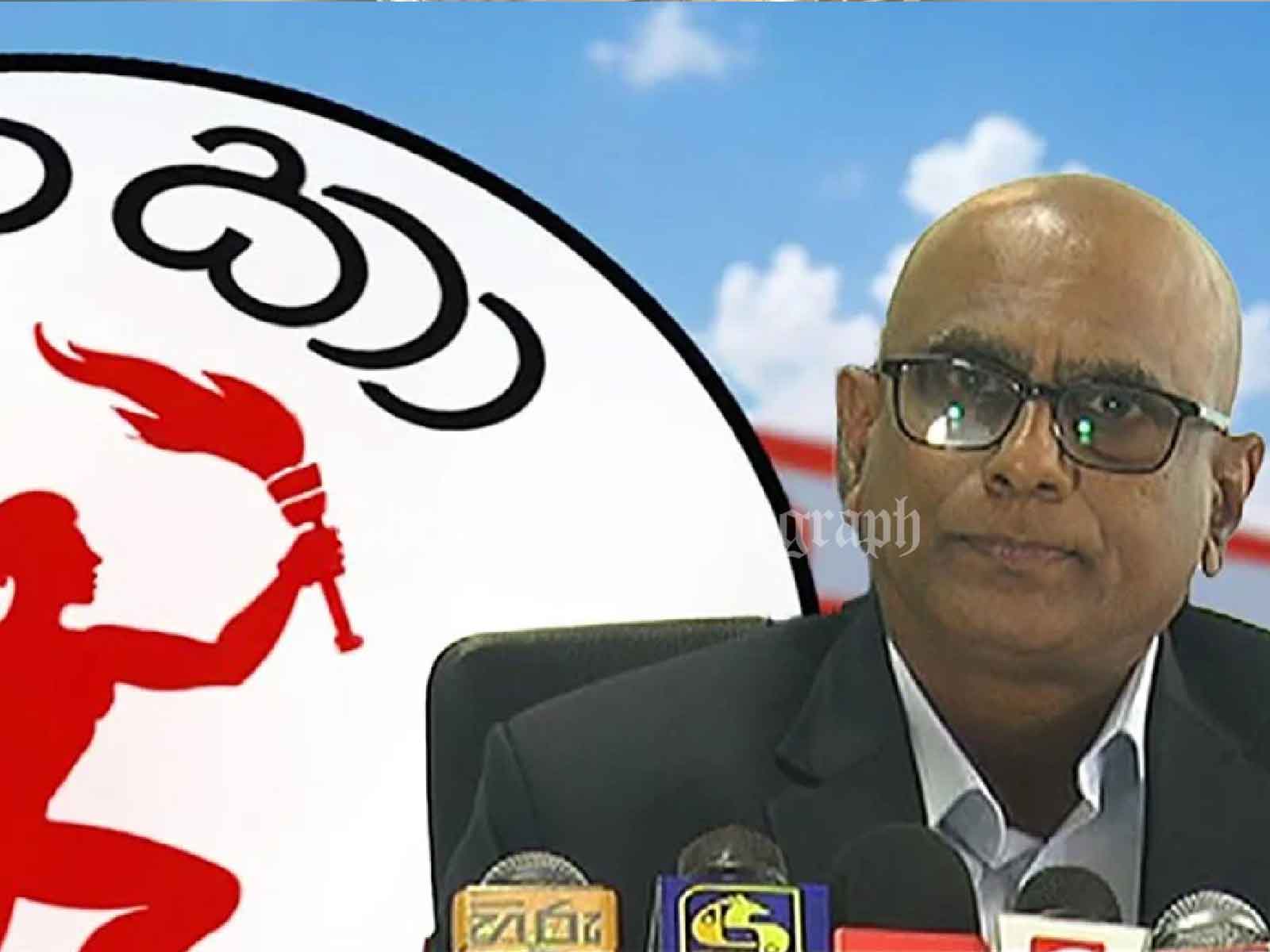
During a press conference, Ceylon Petroleum Corporation (CEYPETCO) Chairman D.A. Rajakaruna explained that when petrol arrives at the Colombo port, its initial cost is Rs. 159 per liter. A hefty tax of Rs. 120 is then added to this base price, resulting in a significant markup for consumers. However, when asked if a commission of Rs. 50 per liter might be profiting anyone, the chairman clarified that he had no knowledge of any such arrangement, deferring the question to the Ministry of Finance.
Rajakaruna shed light on the impact of pricing practices on CEYPETCO’s financial stability, noting how politically motivated price adjustments in the past led to substantial debts, totaling up to Rs. 3 billion owed to state banks. Before the implementation of a price formula, he explained, fuel prices were often reduced in response to political pressures, especially before elections, which left the corporation selling fuel below cost. This approach was reversed with the introduction of the price formula, resulting in a Rs. 120 billion profit for CEYPETCO last year and an additional Rs. 27 billion so far this year.
The chairman also highlighted how the presence of competing fuel companies has further complicated pricing strategies. These companies, which entered the Sri Lankan market under government agreements, adhere to the same price formula as CEYPETCO. According to these agreements, if the formula results in losses for these companies, the government is obligated to cover their losses within three months.
Rajakaruna emphasized that CEYPETCO lacks full autonomy to adjust fuel prices, which are ultimately decided by the Ministry of Finance. This dependency, he said, underscores the challenges the corporation faces in setting prices that reflect both market conditions and fiscal needs.




